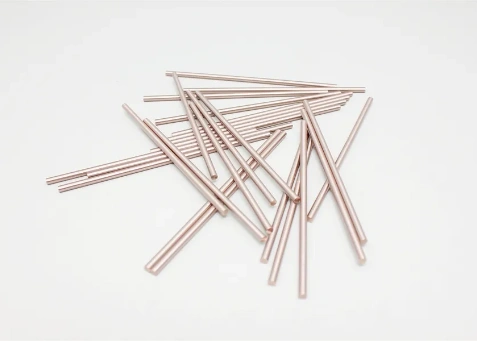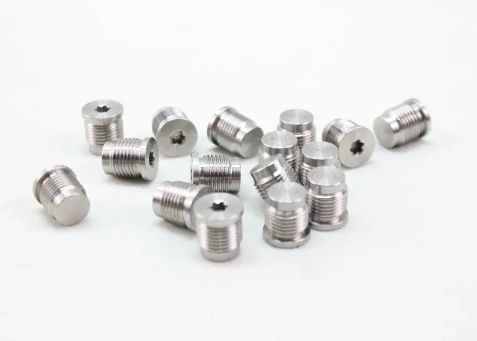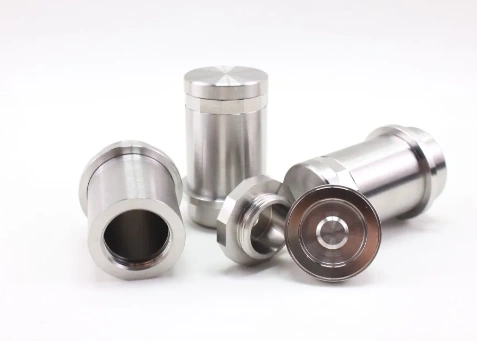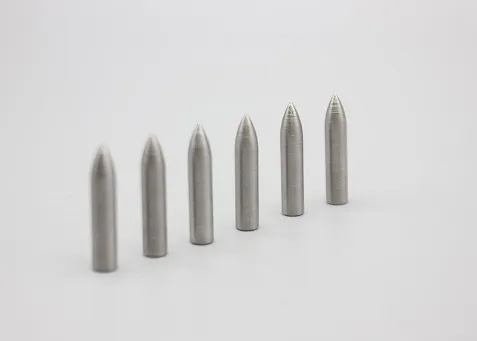Tungsten nickel iron alloy properties and applications
In the competitive fishing tackle market, the choice of materials can make or break product performance. Manufacturers, designers, and distributors are under constant pressure to deliver tackle that combines durability, precision, and environmental safety. This is where tungsten nickel iron alloy stands out. This alloy is quickly taking the place of old materials like lead because it's so dense, hard, and resistant to wear and rust.
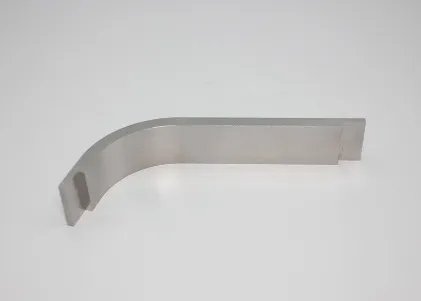
Properties of Tungsten Nickel Iron Alloy
1. High Density for Precision Weighting
Tungsten nickel iron alloy has a density of 17.0–18.5 g/cm³, which is almost twice that of lead. This high density allows fishing tackle designers to create compact sinkers and jigs that sink faster and offer improved casting accuracy. For manufacturers, having a higher density means less bulk, so they can make sleeker designs that look good and work well.
2. Exceptional Hardness & Wear Resistance
Tungsten nickel iron alloy retains its shape and structural integrity under pressure, unlike lead, which can deform. For engineers, this means the material resists dents and scratches, resulting in long-lasting fishing tackle that endures repeated use. For anglers, hooks and sinkers made from tungsten remain sharp and durable, even after frequent contact with rocks and other hard surfaces.
3. Superior Corrosion Resistance
Tungsten nickel iron alloy provides excellent resistance to corrosion, making it highly suitable for saltwater fishing by preventing oxidation and rust. For suppliers, this translates to fewer warranty claims and a longer shelf life. For end-users, fishing tackle remains reliable and retains its appearance even in harsh marine environments.
4. Good Machinability
Despite its toughness, tungsten nickel iron alloy can be precision-machined into complex shapes. This lets fishing tackle makers come up with their own unique ideas, like detailed jig heads and smooth, aerodynamic sinkers. For manufacturers, the material’s good machinability reduces production costs and ensures consistent product quality.
Applications of Tungsten Nickel Iron Alloy
1. Tungsten Alloy Fishing Weights and Sinkers
Faster sinking due to high density.
Smaller profile reduces water resistance, creating a stealthier presentation for anglers.
Eco-friendly alternative to lead, meeting stricter environmental regulations in Europe and North America.
2. Tungsten Alloy Jig Heads
Compact yet heavy, allowing for better depth control.
Enhanced sensitivity—anglers can feel bottom structures and subtle bites more clearly.
More durable than lead jig heads, cutting long-term replacement costs.
3. Custom Tackle Components
Used in specialized applications such as drop shot weights, nail weights, and flipping weights.
Precision machining makes it possible to create custom shapes that fit different fishing styles perfectly.
Why Choose Tungsten Nickel Iron Alloy Over Lead
| Property | Tungsten Nickel Iron Alloy | Lead |
|---|---|---|
| Density | 17.0–18.5 g/cm³ (higher) | 11.34 g/cm³ |
| Hardness | High (retains shape) | Soft (easily deforms) |
| Corrosion Resistance | Excellent (long-lasting) | Poor (prone to oxidation) |
| Environmental Impact | Eco-friendly, non-toxic | Toxic, restricted in many markets |
| Machinability | Complex shapes achievable | Limited shaping options |
Tungsten alloy isn’t just a lead substitute—it boosts tackle performance, lasts longer, and meets eco-friendly standards.
FAQs About Tungsten Nickel Iron Alloy in Fishing Tackle
Q1. Why is tungsten alloy better than lead for fishing tackle?
A: Tungsten is heavier, tougher, and lasts longer than lead, plus it’s safe for the environment. That’s why it’s such a great choice for serious fishing gear.
Q2. Is tungsten alloy safe for the environment?
A: Yes. Unlike lead, tungsten nickel iron alloy is non-toxic and complies with environmental regulations worldwide.
Q3. How does tungsten alloy improve casting accuracy?
A: Its higher density allows for smaller, compact tackle that cuts through the air more efficiently, resulting in longer and more accurate casts.
Q4. Does tungsten alloy corrode in saltwater?
A: No. It has excellent corrosion resistance, ensuring durability in both freshwater and saltwater environments.
Q5. Can tungsten tackle be customized for specific fishing styles?
A: Absolutely. Its machinability makes it perfect for designing unique shapes and weights to match specific fishing techniques.
Tungsten nickel iron alloy represents the future of fishing tackle. Its unmatched density, hardness, wear resistance, corrosion resistance, and machinability make it a superior choice over lead and other materials. Using tungsten alloy helps the fishing industry create better products, stay eco-friendly, and stand out in the global market.

 EN
EN AR
AR FR
FR DE
DE HI
HI IT
IT JA
JA KO
KO PT
PT RU
RU ES
ES ID
ID LV
LV VI
VI HU
HU MS
MS GA
GA BE
BE YI
YI EU
EU